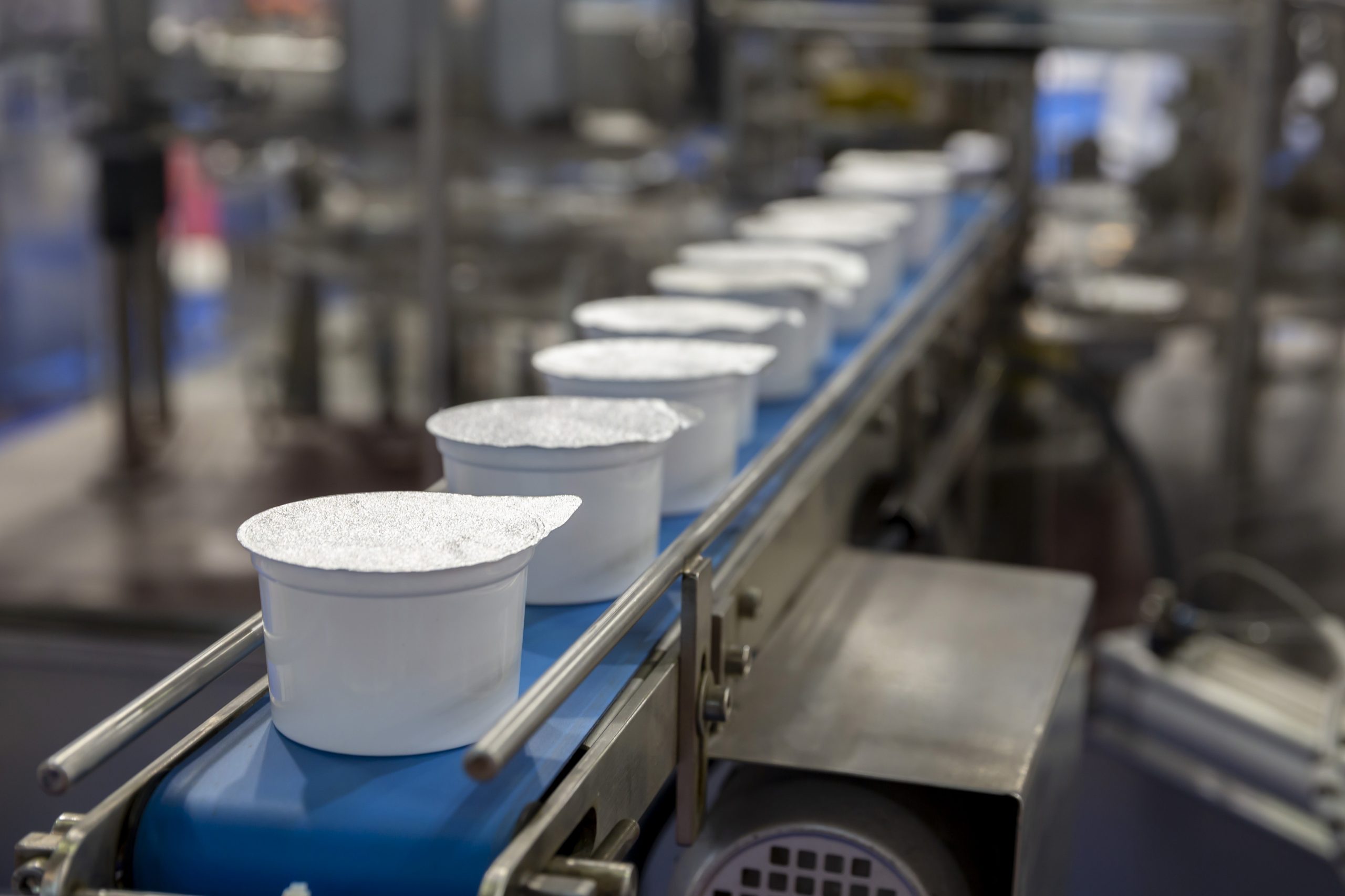The Consumer Product Safety Commission (CPSC) in the US works with standards organisations, manufacturers, and companies to develop voluntary safety standards, warn the public of products that present significant risks to consumers and enforce mandatory standards or banning consumer products where required. Deaths, injuries, and property damage from consumer product incidents cost the nation more than $1 trillion annually[1].
In the first half of 2021, the CPSC recalled some 134 products, with 31% of these related to fire and burn risks[2]. This was across a wide range of consumer products, from appliances to children’s sleepwear. The majority of these products were only recalled after incidents involving the product were reported by consumers, rather than the manufacturers themselves [3].
The recent Peloton recall has underscored the extent of the CPSC’s reach in protecting consumers’ safety.
On 18 March 2021, Peloton Interactive Inc. made an announcement on its website of a “tragic accident involving a child and the Tread+”, a treadmill. Peloton reported the incident to the CPSC. After the CPSC started its own investigations, Peloton became aware of more accidents involving children and pets, some of whom sustained serious injuries. On 17 April 2021, the CPSC issued a warning to consumers to discontinue using the product if children and small pets were present. However, on the same day, Peloton issued a conflicting statement calling the warning by the CPSC “inaccurate and misleading” and stating that there was no reason to discontinue the use of the Tread+ if the product’s warning and safety instructions were followed[4].
The CPSC recommended Peloton conduct a product safety recall on a voluntary basis, but Peloton was of the view that a recall was not necessary[5]. However, on 5 May 2021, following backlash from the general public and a slump in the Peloton stock price, the Tread+ was indeed recalled[6]. The question begs though – would the Tread+ have been recalled, but for the backlash from the public and adverse impact on Peloton’s share price? [7]
While a product recall insurance policy may afford coverage for customer refunds and/or costs to repair/modify the defective item, it would depend on the policy wording as to whether it might respond to incidental expenses, such as advertising and public relations costs that might be incurred to minimize the impact of the product recall on a company’s reputation. To learn more about MDD’s experience evaluating costs stemming from product recalls and discuss how we can assist, please get in touch with our Product Recall team.
The statements or comments contained within this article are based on the author’s own knowledge and experience and do not necessarily represent those of the firm, other partners, our clients, or other business partners.
- About-CPSC – CNBC – 2021
- Recalls in Review: Recall Trends in 2021 – Crowell & Moring – 2021
- Recalls in Review: Recall Trends in 2021 – Crowell & Moring – 2021
- Pushing Back Against the CPSC – Is a Mandatory Recall on the Horizon for Peloton’s Treadmills? – JD Supra – 2021
- CPSC and Peloton Announce: Recall of Tread+ Treadmills After One-Child Death and 70 Incidents; Recall of Tread Treadmills Due to Risk of Injury – CPCS – 2021
- Peloton stock sheds $4 billion in market value in 1 day over its treadmill debacle – CNBC – 2021
- Peloton struggles with new problem in contentious safety recall of its popular treadmills – Washington Post 2021











